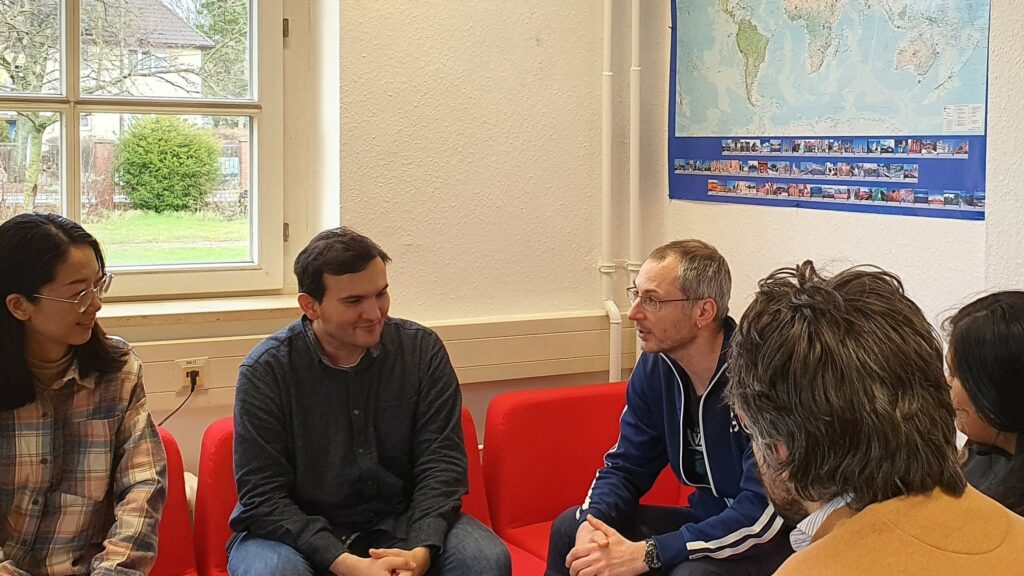Reimaging the Seminar Series “Computation & Data”
For the last two year, the seminar series Computation & Data has served as a space for knowledge exchange on topics related to High Performance Computing (HPC). However, participation patterns and logistical challenges have highlighted the need for a fresh approach.
Starting in the second quarter of 2025, the format will undergo a transformation to create a more interactive and engaging learning environment.
The seminar series, organized as part of the HPC initiative, has traditionally followed a structured format: two invited speakers present their research on HPC-related topics, followed by a brief Q&A session. Meetings take place once a month and typically attract a small but engaged audience.

Recognizing the potential for improvement, the seminar series is being redesigned with three main objectives:
Shifting from Passive to Active Learning
The new format will move beyond passive knowledge transfer by fostering interactive learning experiences. While expert talks will still be a core element, the goal is to encourage deeper engagement through guided discussions, structured moderation, and interactive elements.
Introducing the HPC Café – A Space for Collaboration
A major innovation is the introduction of the HPC Café, a dedicated space for informal peer-to-peer learning. This additional hour will provide a structured yet relaxed setting where participants can discuss HPC-related challenges, exchange ideas, and receive support from experienced researchers. The café format aims to lower barriers for early-career scientists, who may hesitate to present their work in a formal seminar setting.
Speaker Engagement and Discussions
Each session will now feature only one invited talk instead of two. This change will allow for more indepth discussions. A rotating moderation team from our HPC group will be introduced to ensure that discussions remain structured and engaging while also being available for HPC-related questions. To ensure the success of these changes, a structured evaluation process will be implemented, including participant surveys and feedback loops. The hope is that this transformation will not only revitalize the seminar series but also foster a more connected and collaborative HPC research community.